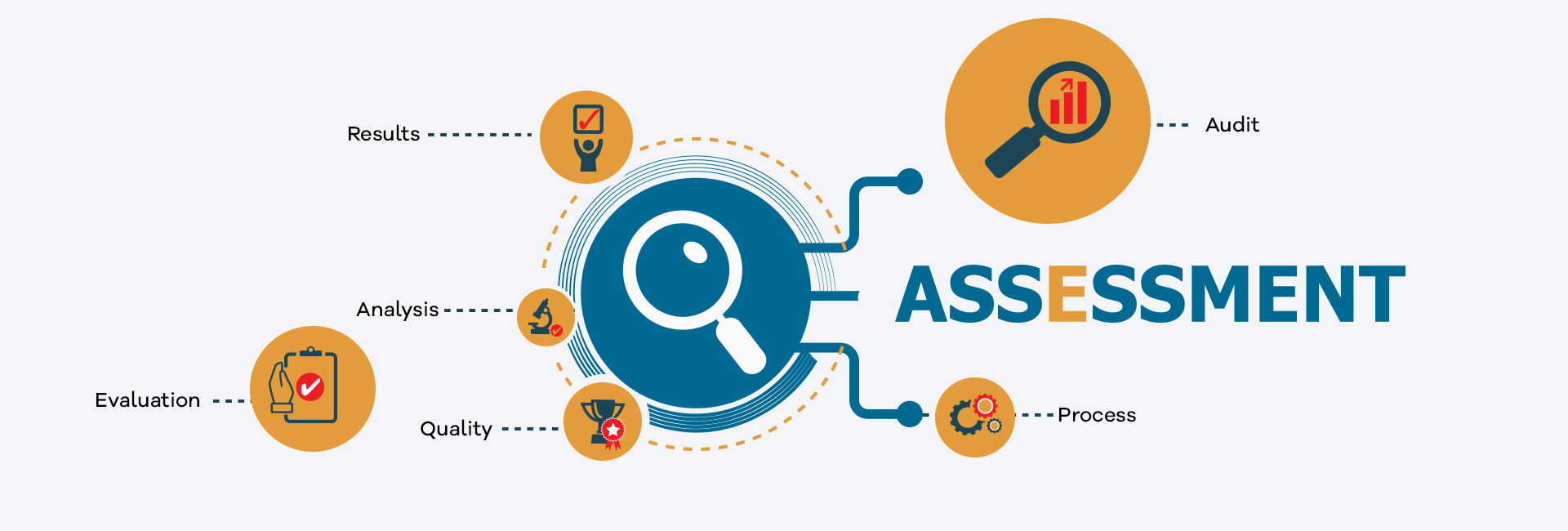Net Zero and ESG
Net zero refers to a state in which a company, organization, or even a country, has achieved a balance between the greenhouse gas (GHG) emissions it produces and the GHG emissions it removes from the atmosphere. This can be achieved through a combination of emissions reductions and carbon offsetting, which involves investing in projects that remove or reduce GHG emissions elsewhere.
ESG stands for environmental, social, and governance, and refers to a set of criteria used to assess a company's sustainability and ethical practices. The ESG framework is used by investors, analysts, and other stakeholders to evaluate a company's performance in areas such as climate change, human rights, diversity and inclusion, and board diversity, among others. Companies that perform well on ESG metrics are generally considered to be more sustainable and responsible, and may be more attractive to investors who prioritize ESG factors.
As achieving net zero emissions is a crucial part of sustainable business practises and is frequently viewed as a crucial ESG metric, the concepts of net zero and ESG are closely related. Companies that place a high priority on ESG considerations are more likely to set challenging emissions reduction goals and invest in clean energy and other low-carbon technologies to meet those goals, ultimately aiding in the transformation of the world economy to one that is more sustainable and resilient.
Steps that can be taken to achieve net zero:
Measure Emission
Reduce Emission
Offset Emission
Engage Stakeholders
Set Target & Report Progress

